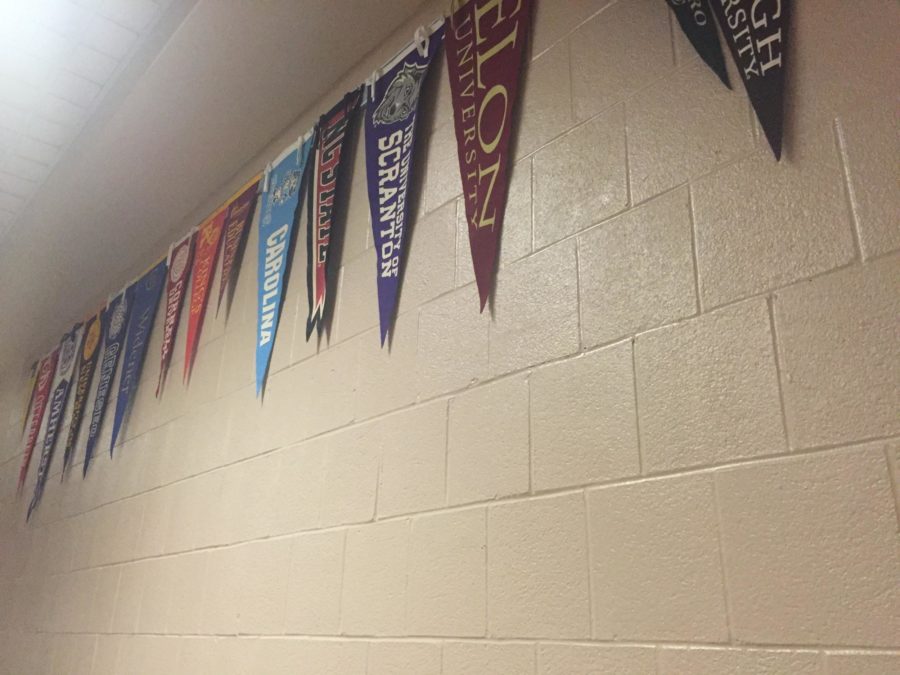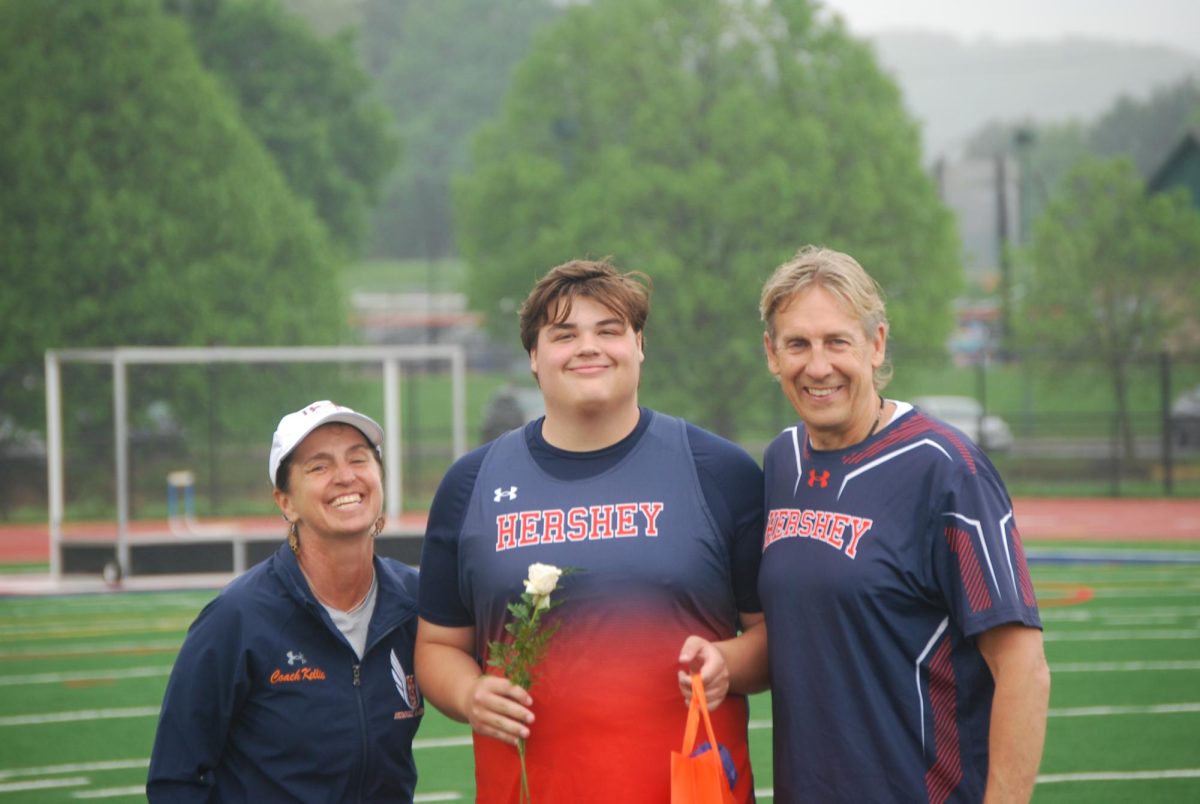By: Lexie Corcoran
The “perfect college” may not be so perfect.
To many students, the “perfect college” is a popular, well known, established school. In reality, the perfect college does not exist. Often, students don’t take into consideration what types of schools they would excel in. Instead, they only look at schools that have a good reputation or a highly respected name.
Many questions come to mind when choosing which colleges to apply to. Before choosing schools, students need to have self awareness, to truly understand who they are, and to know what setting in which they will excel. Questions like, “Do I want to have a smaller classroom setting?” or, “How far away from home do I want to be?” are important factors in selecting what colleges to apply to.
It is important to understand the type of learning techniques that help the most. Then deciding whether you should apply to a smaller or bigger school will become more clear. Visiting different sized schools can help make that decision as well.
HHS guidance counselor, Lisa Maggio, attended the University of Delaware. Maggio said, “[I] may have been better off at a smaller school, because [I] didn’t take into consideration how [I] learn best.”
For some, like Maggio, learning comes easier when they’re able to ask questions and be involved in the class. Others respond well to being in a bigger environment, listening to lectures, and taking notes.
“You have to think outside the box when it comes to selecting schools,” said HHS alumni Abby Seeley, who is currently attending Penn State. Seeley believes it is important not to rule some schools out just because they are not well known or popular in your area.
For many, college is a time to break out of one’s comfort zone to become more independent.
Some students prefer to be close to family, while others choose to take a different path and explore further areas on their own, becoming less dependent on family.
Many students underestimate the importance of safety schools. When a student applies to a safety school, they feel 100% confident that they will be accepted. However, many smart and promising students end up going to their safety schools. This is because most schools are very competitive nowadays. “Apply to safety schools you’d be happy with,” said Maggio.
By the time you’re seventeen years old, you’re expected to know what you want to do with your life. What if you don’t know? Applying undecided could be considered stressful, but it opens up lots of options for college courses. When applying undecided, make sure to look for schools with a broad range of programs.
When applying with a specific major in mind, it’s extremely important to look beyond just the school’s name and reputation. Focus on the specific program they offer for your major. Research and better understand the faculties approach to teaching, class sizes, curriculum, etc. to determine if the program would be a good fit.
It’s not uncommon for students to have an idea of what college they want to attend at a young age. Often this is influenced by parents, siblings, or other relatives. In some cases, it may not be realistic to get into this “dream school”, so students should always create a solid back-up plan. If acceptance is obtainable, students need to make sure the school is truly a good fit and they aren’t persuaded by family opinions.
Sometimes the school the student originally selected isn’t the right fit. In this case, transferring is always an option. HHS 2010 graduate, Caroline Suminski attended Dickinson College until the middle of her sophomore year when she decided she needed a change and transferred to Villanova.
“I wanted to experience living in a different place. Dickinson is in Central PA, and it was similar to the environment in which I grew up. I also wanted to go to a bigger school, closer to the city,” said Suminski.
Though she loved the experience at Dickinson, she realized she was looking for more. Suminski realized she was looking for a larger Catholic school close to the city. Suminski realized the type of school she needed, later than most. But even the last two years can make a difference.
Maggio asked that students, “Keep an open mind and let it sink in that this is the rest of their life, so it shouldn’t be taken lightly.”




